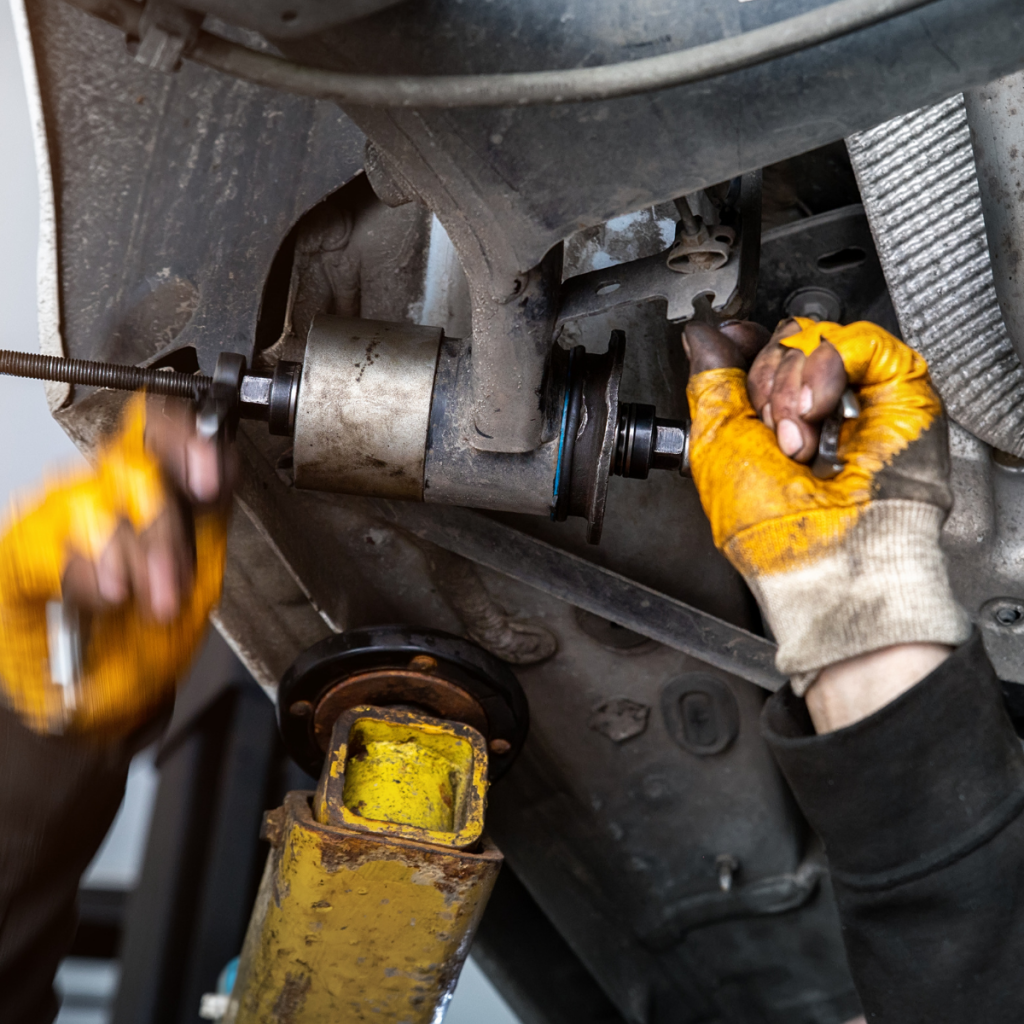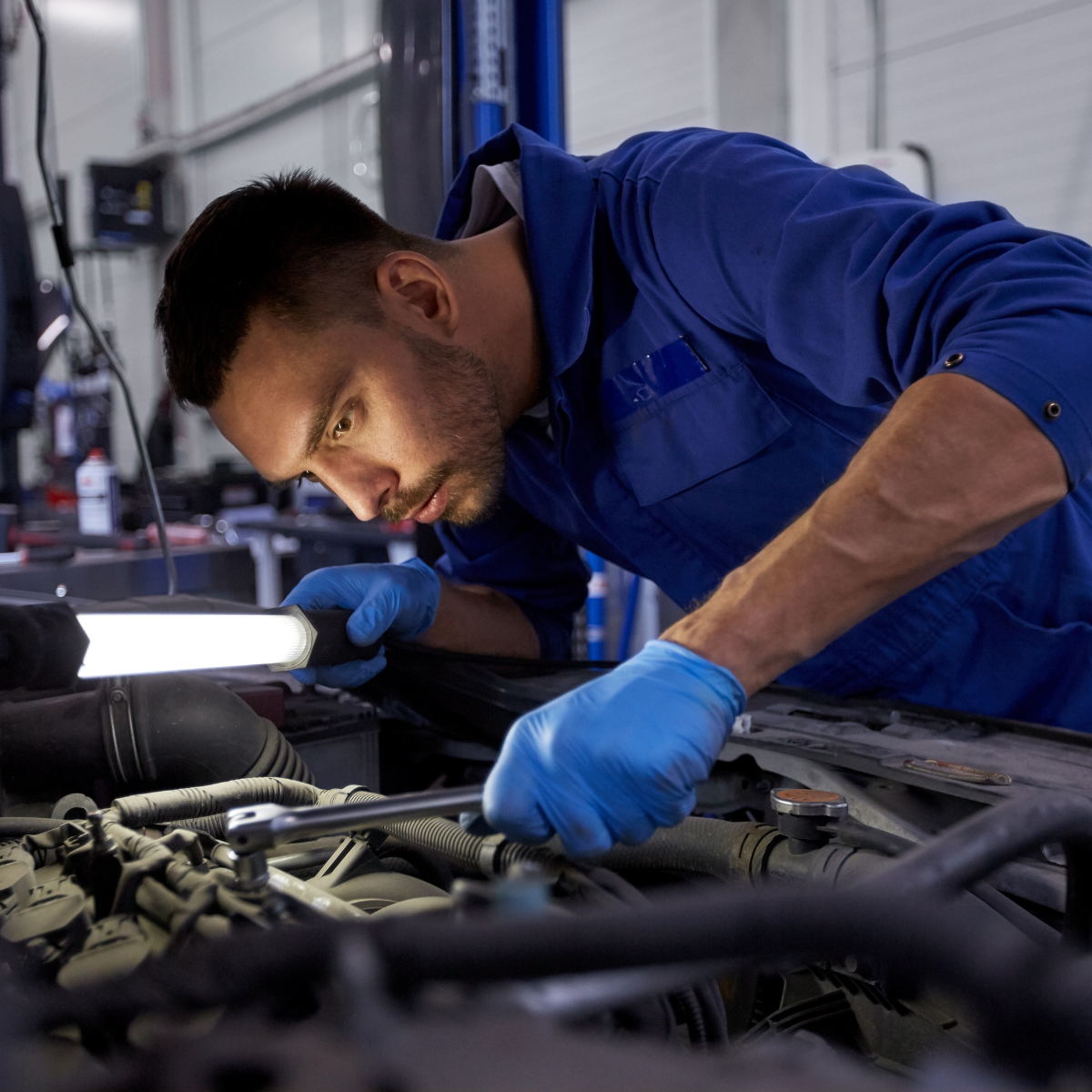When it comes to car ownership, nothing is more important than maintaining your vehicle properly. Regular car maintenance is crucial for ensuring your car runs smoothly and efficiently, reducing the risk of major breakdowns. Neglecting routine maintenance can lead to costly repairs and even put your safety at risk. In this article, we’ll discuss the causes of car breakdowns and provide solutions through effective regular maintenance tips that will help you prevent major issues down the road.
Why Regular Car Maintenance is Essential
Cars are complex machines that require ongoing care to function at their best. From the engine to the tires, every part of your vehicle plays a role in its overall performance. While some breakdowns are inevitable, many can be avoided with the right preventative measures.

The primary cause of most car breakdowns is a lack of routine maintenance. Small issues, such as low oil levels, worn-out tires, or a failing battery, can escalate into serious problems if left unaddressed. Regular maintenance helps detect these minor issues early, allowing you to fix them before they lead to major repairs or a total breakdown.
1. Regular Oil Changes: Keep the Engine Running Smoothly
Cause: Oil is the lifeblood of your car’s engine. It lubricates the moving parts, reduces friction, and helps regulate temperature. Over time, engine oil breaks down and loses its effectiveness, which can lead to engine damage and even complete failure if not addressed.
Solution: One of the easiest and most essential tasks in maintaining your car is changing the oil regularly. Typically, it’s recommended to change your oil every 3,000 to 5,000 miles, depending on the make and model of your car. Check your car’s manual for the manufacturer’s recommended intervals and use high-quality oil that matches your vehicle’s specifications.
Skipping oil changes can result in sludge buildup, causing the engine to overheat or suffer from reduced performance. Regular oil changes are a cost-effective way to ensure the longevity of your engine and avoid costly repairs.
2. Tire Care: The Foundation of Safety and Performance
Cause: Tires are the only part of your car that touches the road, making them essential for your car’s handling, braking, and overall safety. Tires lose tread over time and may become underinflated, which can reduce traction and increase the risk of a blowout.
Solution: Checking tire pressure regularly is one of the easiest ways to prevent tire-related breakdowns. Underinflated tires increase fuel consumption and can lead to uneven tire wear, reducing the lifespan of your tires. On the other hand, overinflated tires can cause a harsh ride and make them more prone to damage from road debris or potholes.
It’s also essential to check your tire tread depth. If the tread is too shallow, it’s time to replace your tires. Regular tire rotations can help ensure even wear and prolong tire life. Lastly, get your alignment and balancing checked regularly to avoid unnecessary strain on your tires and suspension system.
3. Battery Maintenance: Don’t Get Stranded
Cause: A dead battery is one of the most common reasons for unexpected car breakdowns. Extreme weather conditions, such as heat or cold, can affect your battery’s performance. Additionally, over time, the battery’s charge capacity diminishes, leading to problems starting the engine.

Solution: To prevent a dead battery from leaving you stranded, check the battery terminals for corrosion and ensure they are clean and tightly connected. If your battery is more than 3 to 5 years old, consider getting it tested at an auto shop. Replacing an old battery before it fails can save you from unexpected breakdowns.
It’s also a good practice to turn off all electrical components (lights, radio, etc.) when the car is off to extend the battery’s lifespan.
4. Brake System Inspection: Your Safety Comes First
Cause: Brake issues are a leading cause of accidents and car breakdowns. Worn brake pads, low brake fluid levels, or damaged brake lines can lead to ineffective braking, making it harder to stop the car in an emergency.
Solution: Regularly inspect your brake pads and have them replaced when they become thin or worn down. If you hear squeaking or grinding noises when braking, it’s a sign that your brake pads need immediate attention. Also, make sure your brake fluid levels are checked and topped off as needed.
Have a professional inspect your entire braking system periodically. Regular brake maintenance not only improves your car’s safety but also reduces the risk of costly brake repairs down the road.
5. Air and Cabin Filters: Maintain Air Quality and Engine Efficiency
Cause: Over time, the air filter and cabin filter in your car can become clogged with dirt, dust, and other debris. A dirty air filter restricts airflow to the engine, reducing fuel efficiency and engine performance. Similarly, a clogged cabin filter affects the quality of air inside your car, making it uncomfortable to drive.
Solution: Replace your air filter every 12,000 to 15,000 miles to maintain optimal engine performance and fuel efficiency. A clean air filter allows the engine to breathe easily, improving acceleration and reducing fuel consumption.
Your cabin filter, on the other hand, should be replaced every 15,000 to 30,000 miles, depending on the driving conditions. A new cabin filter ensures clean air inside your car, especially in areas with heavy traffic or pollution.
6. Cooling System: Prevent Overheating
Cause: Overheating is a common cause of engine failure. A malfunctioning cooling system, which includes the radiator, thermostat, and coolant, can cause the engine to overheat, leading to severe damage and breakdowns.
Solution: Regularly check the coolant levels and top off if necessary. Have your radiator and cooling system inspected by a professional during routine maintenance. If the coolant appears dirty or discolored, it may be time for a flush and replacement.
Pay attention to any signs of overheating, such as a rising temperature gauge or strange smells from the engine. Early detection can save you from costly repairs.
7. Keep Your Car Clean: Protect the Exterior and Interior
Cause: While not directly related to engine performance, keeping your car clean is an important aspect of car maintenance. Dirt, salt, and grime can build up on the exterior and interior, leading to corrosion, rust, and a worn-out appearance.
Solution: Wash your car regularly to prevent dirt and salt from damaging the paint and metal components. Don’t forget about the undercarriage, where salt from the road can accumulate, especially in winter months. Apply a protective coat of wax to your car’s exterior to preserve the paint and shield it from the elements.

Regularly clean the interior, including vacuuming carpets, wiping down surfaces, and maintaining the upholstery to avoid wear and tear. Keeping your car clean not only improves its appearance but also helps maintain its resale value.
Conclusion
Preventing major breakdowns starts with regular car maintenance. By following these simple yet effective maintenance tips, you can ensure that your car runs smoothly, safely, and efficiently for years to come. Regular oil changes, tire care, brake inspections, and battery maintenance are essential steps in preventing costly repairs and breakdowns. Always consult your car’s manual for specific maintenance intervals and seek professional help when needed.
Remember, a little effort in regular maintenance goes a long way in extending the lifespan of your car and protecting your investment. If you’re looking for more car care tips or need assistance with maintenance, feel free to contact us or leave a comment below! Stay safe and keep your car in top shape!

Leave a Reply